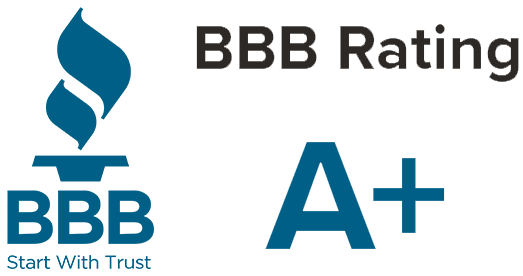ROSE Report - Strategic Planning: Nurturing Growth and Adaptability for the Year Ahead
As the year draws to a close, businesses engage in a routine yet pivotal phase: strategic planning for the coming year. This process can shape the trajectory for success and substantial growth in the year ahead. Effective strategic planning involves more than just goal setting; it involves navigating a dynamic market, recognizing challenges, and leveraging emerging trends. Therefore, strategic planning isn’t merely about imagining success but creating a resilient roadmap that is adaptable to change. With this in mind, let’s explore how effective strategic planning can drive significant organizational growth.
Setting Clear Objectives for Expansion
A robust strategic plan begins by defining clear objectives. Employing the SMART framework—ensuring goals are Specific, Measurable, Achievable, Relevant, and Time-bound—creates a focused path forward. This approach translates aspirations into specific, measurable targets aligned with the company's overarching vision. SMART goals inspire guiding principles, directing decisions, and paving the way for progress. Most importantly, such precision empowers businesses to channel their efforts, monitor progress, and reach pivotal milestones, thereby fortifying their growth initiatives while ensuring resources are spent effectively.
Reflecting on Past Performance to Inform Future Strategies
An in-depth analysis of past performance is instrumental in effective planning. Evaluating achievements unveils successful strategies while acknowledging challenges recognizes opportunities for improvement. Scrutinizing operational performance provides a quantitative lens for informed decision-making. This retrospective analysis lays the foundation for refined strategies, effective resource allocation, leveraging strengths, and addressing weaknesses, thus fostering more effective future planning.
Engaging Stakeholders for Unified Growth
Active involvement of key team members and diverse departments fosters collaborative progress and a sense of shared ownership in the planning process. Business leaders benefit from cultivating a collaborative approach by gaining employee feedback and various perspectives. This inclusive approach nurtures consensus and helps align efforts toward a collective vision. When stakeholders actively participate in planning, their engagement fuels heightened commitment to organizational success and fosters a collective determination to achieve objectives.
Employing Big Picture Thinking to Expand Operations
In today’s dynamic landscape, it is crucial for growing companies to maintain adaptability within their strategic planning. Maintaining a fluid approach during strategic planning can be done by embracing flexibility as a core principle. Employing scenario planning is a methodology many organizations use to explore various potential scenarios, encouraging proactive adjustments to different outcomes. Second, fostering a company-wide culture that encourages open communication and feedback loops enables decision-makers to promptly identify and address changing market dynamics or internal challenges as they arise. Company leaders can incorporate regular strategic reviews and reassessments to ensure company initiatives remain relevant and responsive to evolving circumstances.
Stakeholders should also consider empowering their workforce to remain agile and ready to adapt by investing in ongoing learning and development. Fostering company engagement, growth, and development in adaptability facilitates agile adjustments to market shifts, anticipation of trends, and seizing emerging opportunities. This approach ensures a sustained foothold in the market and ongoing relevance amidst evolving industries.
In conclusion, mastering year-end strategic planning is required in today’s everchanging environment. It's not solely about setting goals; it's about nurturing a culture of adaptability, innovation, and resilience—a holistic approach laying the groundwork for sustained growth and enduring success. Ready to solidify your back office for the year ahead? Schedule an introductory call with Rose Financial Solutions today and empower your strategic planning with expert financial guidance.
Share this article:
Visit Us On:




